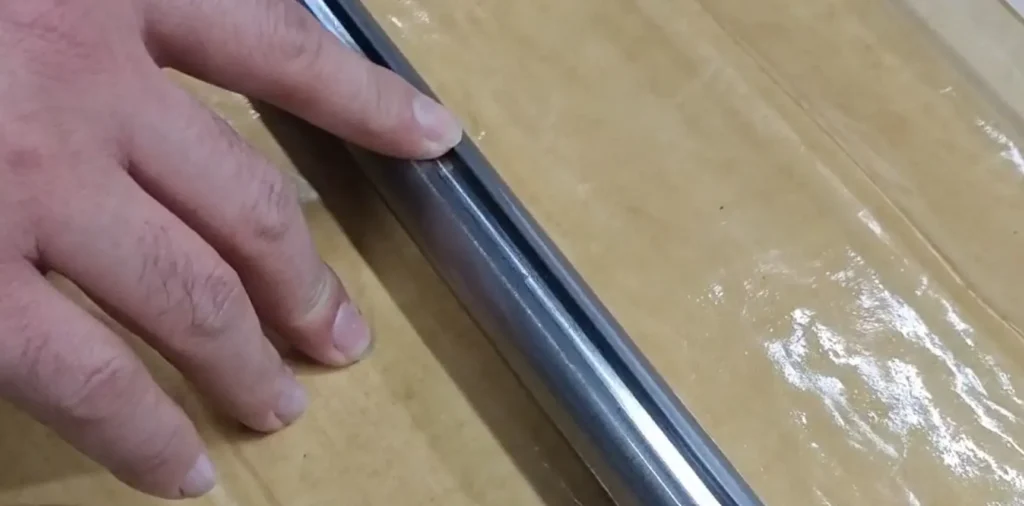Keyed Shaft Manufacturer: Providing Quality Keyed Shafts for Efficient Machinery Operations
When it comes to the smooth operation of machinery, one of the key components that play a crucial role is the keyed shaft. A keyed shaft is essential for transmitting torque in a variety of machinery applications, and it’s imperative to have a reliable manufacturer who can provide high-quality keyed shafts to meet specific requirements.
1. Introduction
What is a Keyed Shaft?
A keyed shaft refers to a shaft with a keyway, a slot for a key that prevents the shaft and the rotating element from moving independently. This ensures that the torque can be transmitted efficiently, making it a vital component in various industrial and mechanical systems.
The Importance of a Keyed Shaft in Machinery
In machinery, the significance of a keyed shaft cannot be overstated. It plays a pivotal role in connecting the power source to the driven components, allowing for the transfer of motion and torque. Without a properly functioning keyed shaft, the performance and safety of machinery can be compromised.
The Need for a Reliable Keyed Shaft Manufacturer
Given the critical nature of keyed shafts in machinery, it’s essential to collaborate with a trustworthy and professional keyed shaft manufacturer. Whether it’s for new machinery design, component replacements, or custom requirements, a reliable manufacturer ensures that the keyed shafts meet the necessary specifications and quality standards.
2. Understanding Keyed Shafts
Exploring the Dimensions of a Keyed Shaft
Keyed shafts are available in various dimensions and sizes to accommodate different machinery requirements. From small-scale applications to heavy-duty machinery, the dimensions of a keyed shaft play a significant role in its overall effectiveness.
Different Types of Keyed Shafts
Partially Keyed Shaft
A partially keyed shaft refers to a shaft that has only a portion of its length fitted with a keyway. This type of shaft is commonly used in applications where there is limited space or specific torque transmission needs.
Double Keyed Shaft
A double keyed shaft features two keyways, allowing for increased torque capacity and stability. This type of keyed shaft is often used in heavy machinery with high power transmission requirements.
Metric Keyed Shaft
Metric keyed shafts adhere to metric measurements, catering to machinery and equipment designed with metric specifications. Their availability ensures compatibility and adherence to international standards.
1/2” Keyed Shaft
A 1/2” keyed shaft represents a specific diameter size, catering to machinery that requires precise fitting and torque transmission in smaller-scale applications.
1” Keyed Shaft
A 1” keyed shaft is designed for machinery and equipment that demands robust torque transmission capabilities, catering to heavy-duty applications.
3/4” Keyed Shaft
A 3/4” keyed shaft is ideal for mid-range machinery requirements, striking a balance between power transmission and spatial constraints. The variety of available keyed shaft types ensures that machinery designers and operators can select the most suitable option for their specific needs. … [article continues]
3.Keyed Shaft Manufacturing Process
4.Keyed Shaft Dimensions and Standards
5.Applications of Keyed Shafts
Keyed Shaft Services Offered by Manufacturers
Keyed Shaft Coupling and Transmission
Choosing the Right Keyed Shaft Manufacturer
7.Keyed Shaft Maintenance and Troubleshooting
8.Future Trends in Keyed Shaft Manufacturing
9.FAQs
1. What are the key considerations when choosing the material for a keyed shaft?
When selecting material for a keyed shaft, factors such as strength, corrosion resistance, and the intended application should be taken into account. High-quality steel alloys are often the preferred choice due to their durability and wear resistance.
2. How can I ensure that a keyed shaft manufacturer meets quality standards?
Look for certifications such as ISO 9001 and quality assurance processes that the manufacturer follows. Additionally, inquire about their material sourcing and testing procedures to gain confidence in the quality of their keyed shafts.
3. Can a keyed shaft manufacturer provide custom solutions for unique machinery requirements?
Yes, Welleshaft manufacturer should offer custom keyed shaft manufacturing services to cater to specific design and functional needs. This may include tailored dimensions, materials, and special features for a precise fit.
4. What maintenance practices should be followed for optimal keyed shaft performance?
Regular inspection for wear, proper lubrication, and addressing any signs of misalignment or vibration are essential for the longevity and efficiency of a keyed shaft in machinery. Following the manufacturer’s maintenance recommendations is crucial.
5. Are there industry standards regarding the dimensions and tolerances of keyed shafts?
Yes, various international standards and guidelines outline the specifications for keyed shafts, ensuring uniformity and interchangeability across different machinery applications. It’s important to adhere to these standards for compatibility and performance.

